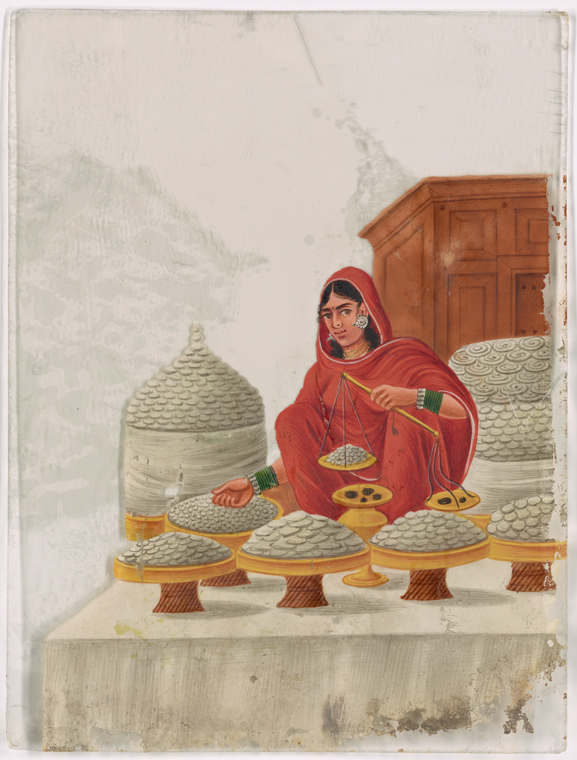Why do we bother to write?
by Roanna Gonsalves A few days ago, the National Human Rights Commission in India noted the suspicious deaths, over the course of a decade, of 500 indigenous (tribal) girls in government-run Ashram schools in the state of Maharashtra, India. In Australia we heard that a white supremacist was stockpiling weapons with the intention of carrying out a mass shooting in a shopping centre on the Central Coast of New South Wales. On the 26th of January, Invasion Day / Survival Day / Australia Day 2017, a group of concerned citizens issued statements condemning the physical and psychic violence…
